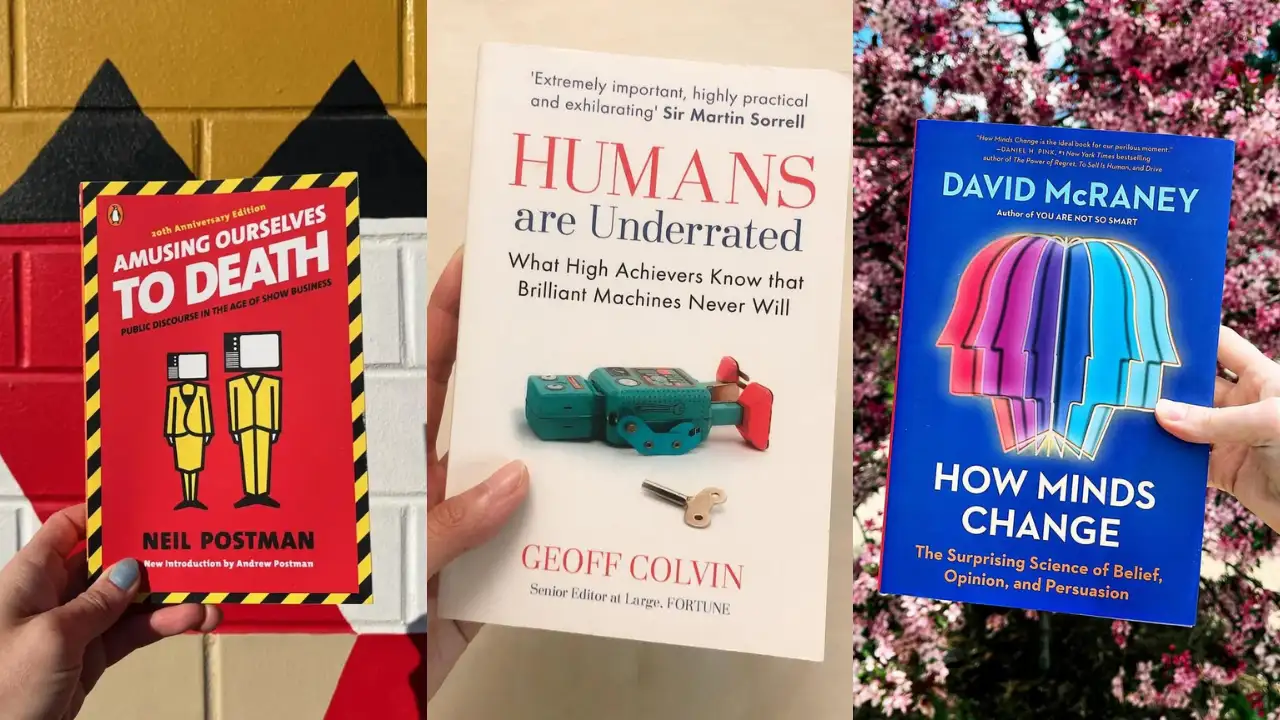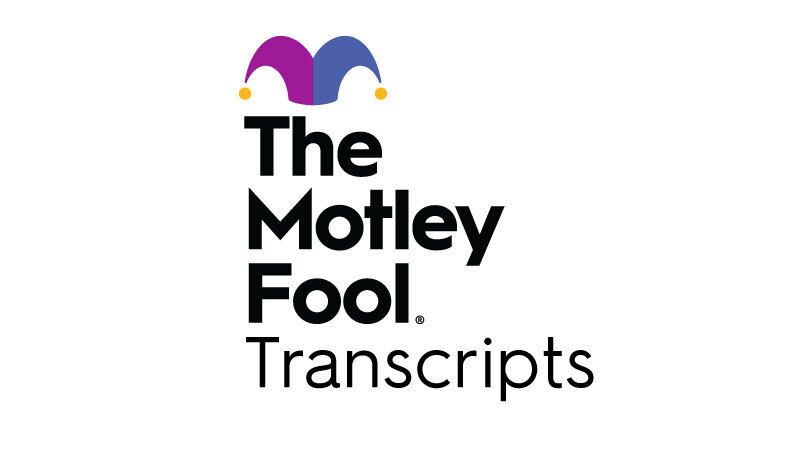Copyright timesnownews

In a world where our feeds decide what we see, think, and even believe, books still hold the power to surprise us in ways no algorithm can. Non-fiction does more than inform; it awakens. These books go beyond curated trends and viral takes, reminding us that learning is meant to challenge, not comfort. Whether it is history, psychology, or science, each of these reads changes how you see the world. Sometimes, the smartest discoveries are not in your “recommended for you” list but tucked inside the pages of a book. Also Read: 10 Non-Fiction Books That'll Make You Smarter Without Even Trying 1. The Listening Path by Julia Cameron Julia Cameron, author of ‘The Artist’s Way’, presents a twelve-week program for developing deep listening as a foundation for creativity, connection, and wisdom in a world of constant noise and distraction. She argues that modern life has made us functionally deaf, unable to truly hear ourselves, each other, or the world around us, because we are always consuming content and avoiding silence. The book offers exercises for recovering attention, from sound walks where you notice environmental sounds without labelling them to technology-free spaces for reflection. Cameron explores how algorithms and recommendation systems have replaced organic discovery, how playlists curated for us prevent genuine taste formation, and how passive consumption blocks creativity. 2. The Glass Cage: How Our Computers Are Changing Us by Nicholas Carr Technology writer Nicholas Carr examines how automation and algorithmic systems are reshaping human skills, attention, and autonomy, diminishing rather than enhancing our capabilities. He argues that while automation promises efficiency and liberation from tedious tasks, it often atrophies the very skills and judgment we need most, creating dependence on systems we no longer understand. Carr explores examples from aviation, where reliance on autopilot has eroded pilots' manual flying skills, leading to crashes when automated systems fail, and from medicine, where diagnostic algorithms reduce doctors to data-entry clerks. He looks at how GPS navigation changes spatial reasoning and memory, how algorithmic recommendations narrow our choices while appearing to expand them, and how automated systems insert themselves between us and direct experience. 3. Amusing Ourselves to Death: Public Discourse in the Age of Show Business by Neil Postman Media theorist Neil Postman argued in 1985 that television transformed public discourse into entertainment, valuing appearance and emotional impact over truth and reasoned argument with devastating consequences for democracy. He contrasts print culture, which encouraged linear thinking and careful argumentation, with television culture that demands visual stimulation and brevity incompatible with complex thought. Postman’s central argument is that we are not being oppressed by censorship, as Orwell imagined, but amusing ourselves to death as Huxley predicted, drowning in trivia until serious discourse becomes impossible. He shows how television’s format dictates content and how we have mistaken education for entertainment. 4. The Shallows: What the Internet Is Doing to Our Brains by Nicholas Carr Nicholas Carr dives into neuroscience research to reveal how the internet literally rewires our brains, diminishing our capacity for deep reading, concentration, and contemplative thinking. He explains that brain plasticity means our attention habits shape neural pathways, and that the internet’s constant interruptions train us for skimming instead of depth. Carr contrasts the linear immersion of reading with the scattered focus of online multitasking and shows how reliance on search engines erodes memory. He explores how platforms profit from fragmenting attention through addictive feedback loops, preventing the focused immersion that books once encouraged. 5. Ten Arguments for Deleting Your Social Media Accounts Right Now by Jaron Lanier Computer scientist and virtual reality pioneer Jaron Lanier exposes how social media’s design is inherently toxic and argues that users should quit entirely. He presents ten reasons, including how social media amplifies anger, erodes empathy, and manipulates users through behaviour modification loops that create addiction. Lanier explains how algorithms radicalise users by steering them toward extreme content, how truth is undermined by viral falsehoods, and how surveillance capitalism destroys free will by predicting and influencing our behaviour. He insists that these are not design flaws but business necessities in a system built on psychological manipulation. Both technical and moral in its argument, the book calls for reclaiming autonomy before these platforms completely colonise consciousness and damage democracy beyond repair. 6. The Filter Bubble by Eli Pariser Internet activist Eli Pariser explains how personalisation algorithms trap users inside invisible bubbles of confirmation. Coining the term filter bubble, he shows how companies like Google and Facebook curate content to reinforce what we already believe, fragmenting public discourse and polarising societies. Pariser warns that this invisible curation is more dangerous than censorship because users remain unaware of it, mistaking filtered information for objective reality. He explores the ethical implications of private corporations deciding what billions of people see each day and argues for transparency, user control, and algorithms that serve the public good instead of profit. The book remains one of the most important early examinations of how personalisation reshapes democracy itself. 7. How Minds Change: The Surprising Science of Belief, Opinion, and Persuasion by David McRaney David McRaney investigates why people change their minds and why facts alone rarely work. Through psychology research and real-life case studies, he shows that belief change happens through empathy, safety, and self-reflection rather than confrontation. McRaney explores methods like deep canvassing and street epistemology, which help people question how they know what they believe. He profiles individuals who left extremist movements and conspiracy communities, revealing that transformation often begins with curiosity and connection. McRaney argues that social media makes such change nearly impossible by rewarding certainty and punishing nuance. His book offers a hopeful, science-based guide to the kind of communication that can heal polarisation. 8. Humans Are Underrated by Geoff Colvin Geoff Colvin challenges the assumption that humans must become more like machines to stay relevant in an AI-driven future. He argues that empathy, communication, and collaboration, the traits that algorithms cannot replicate, will define success in the coming decades. Colvin draws on business and neuroscience research to show how these human abilities drive innovation, trust, and meaning at work. He calls for an education system and workplace culture that cultivates social intelligence over technical mimicry. His central message is simple yet profound: technology should amplify human strengths, not replace them, and our future depends on valuing the very qualities that make us human. 9. The Hype Machine: How Social Media Disrupts Our Elections, Our Economy, and Our Health by Sinan Aral Sinan Aral, an MIT professor and data scientist, provides a comprehensive, research-driven analysis of social media’s influence on every aspect of modern life. He explores how information spreads through networks, why falsehoods travel faster than truth, and how social media shapes politics, business, and health. Aral examines election interference, viral misinformation, influencer economies, and the mental health toll of constant comparison. Rather than calling for abolition, he advocates for reform, rethinking the business model, improving regulation, and building collective literacy about how the attention economy works. The book combines rigorous data with clear, urgent insight into how social platforms manipulate individuals and societies. 10. You Are Not a Gadget by Jaron Lanier Jaron Lanier argues that the internet’s design reflects a shallow vision of human potential, reducing people to data points and creativity to aggregation. He critiques the culture of Web 2.0 for glorifying collective output over individual expression, showing how it devalues originality and rewards hostility and mediocrity. Lanier traces these problems to early technical decisions that shaped how identity, creativity, and relationships function online. He shows how social media profiles flatten identity, how algorithms homogenise culture, and how free content models exploit creators while enriching platforms. At once technical and philosophical, ‘You Are Not a Gadget’ urges a reimagining of the internet, one that respects human depth, creativity, and dignity. Also Read: 10 Non-Fiction Books That Will Make You Sound Way Smarter at Parties Algorithms may know your habits, but they do not know your heart. The books on this list prove that true wisdom cannot be calculated or predicted; it must be experienced. Each one invites you to think deeper, question harder, and grow beyond your digital comfort zone. While the world keeps scrolling, you can keep reading. Real knowledge does not trend; it transforms, and that is something no algorithm will ever master.



